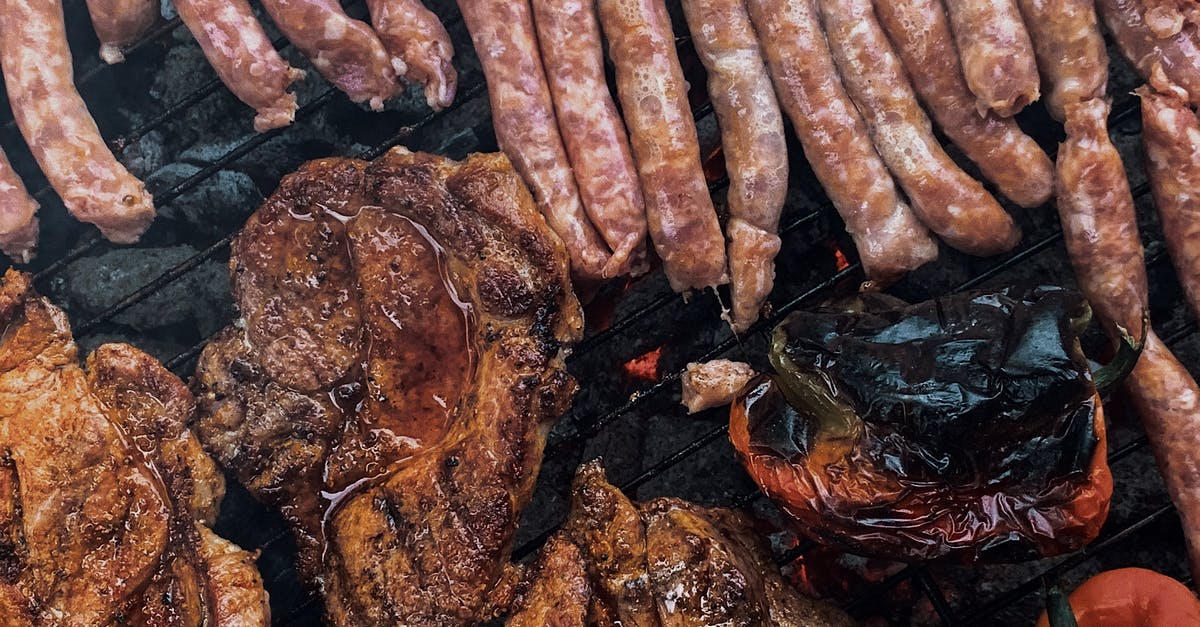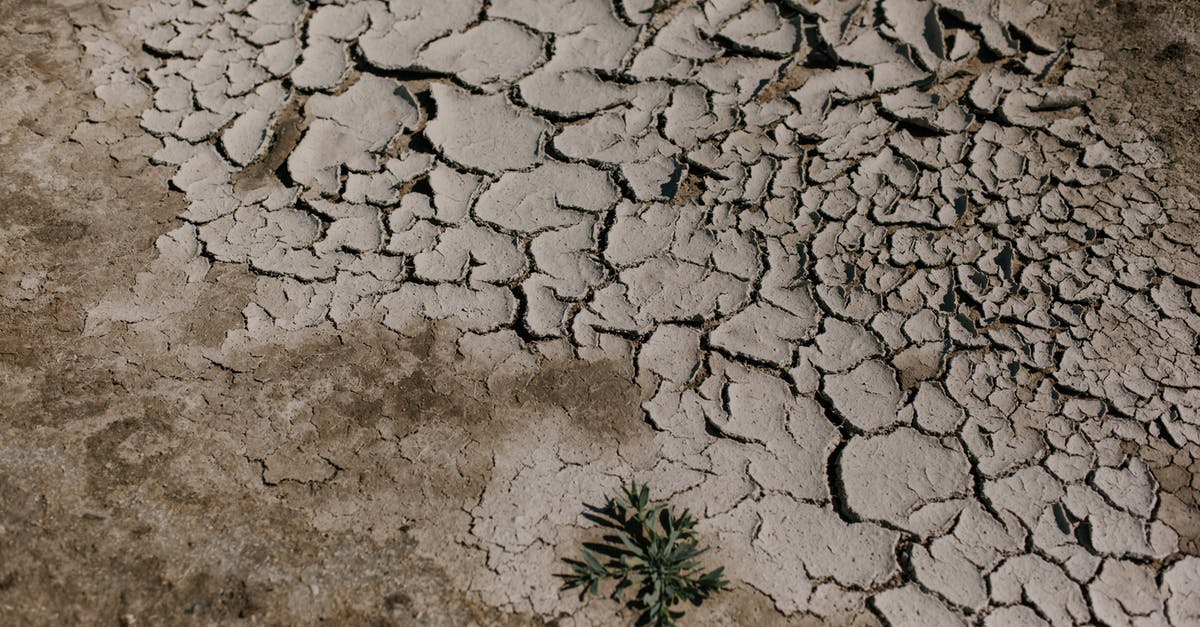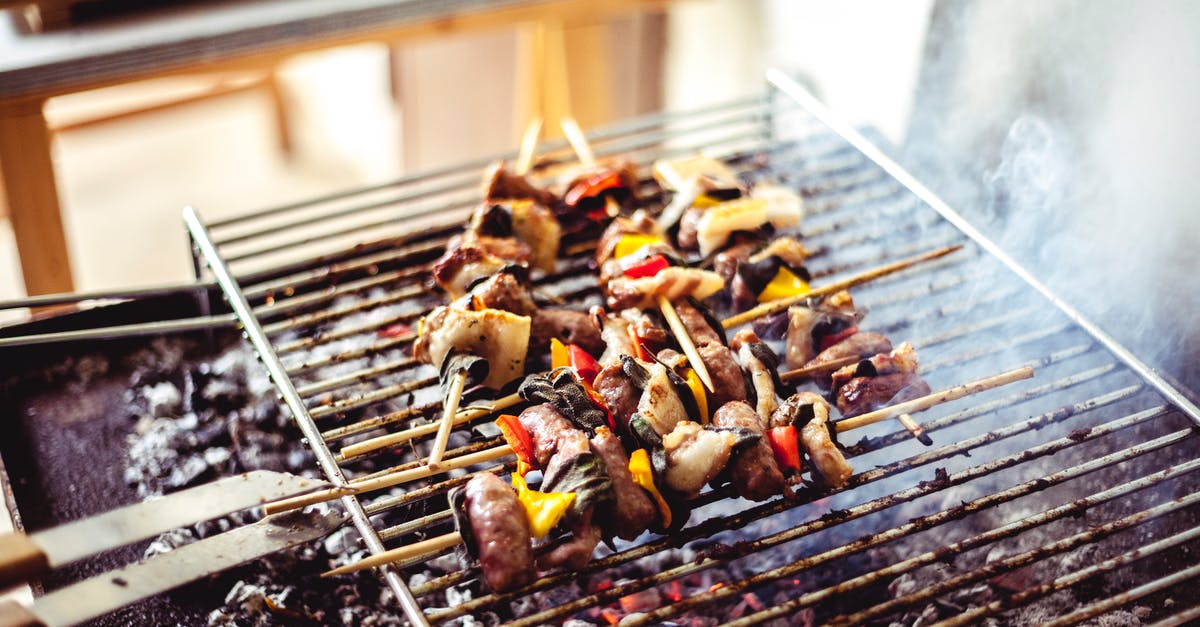Why does meat dry out in high heat despite being submerged in liquid?

My understanding is cooking over long periods will break down collagen and other proteins. Won't the breakdown of protein cause the meat to lose structural integrity, thereby letting liquid in?
Best Answer
Meat being "moist" or "dry" is an oversipmlified description of the texture. It is not a straightforward measure of the amount of liquid, and also, meat is not a sponge.
When people say that a piece of meat is "moist" or "juicy", they mean a specific texture that includes muscle fibers at a very specific stage of denaturation - they have some elasticity when bitten into, providing resistance, but are also relatively easy to crush during mastication. There is also lubrication from cell plasma (which is not pure water, but a mixture of water and proteins, gaining some colloidal properties) and fat. Even if you could produce a squirt or gush of water (or sauce) similar to what would happen if you were to bite on a wet sponge, that wouldn't really contribute to the texture people seek.
Dry meat means meat in which proteins have been denatured to a quite advanced stage. They harden and become chewy, the actin and myosin no longer slide against each other, and I'm not entirely sure what happens to the cell plasma, but I suspect that part of it oozes through the damaged cell walls, and another part seizes due to the dissolved pieces of protein, just like overcooked egg custard seizes. If you have fat left, it will provide some lubrication, but today's meats are produced with extra low amounts of fat, due to customer preference and cost efficiency.
Even if water were to enter the meat in its "dry" state, it won't turn it into a pleasant texture, because, as explained above, this is not about actuall wetness. But also, liquids don't penetrate meat that well. Take, for example, a piece of meat from a stew that has been stored for 2-3 days in the fridge. There will be stew liquid on the surface, but if you wash it, you will find little evidence of that liquid, maybe only within the first 2-3 mm. If you cut it in two and lick it, it won't taste like stew liquid. If you squeeze it, no stew liquid will come squirting out. In short, it turns out that the physical structure of meat with heat-damaged cell walls doesn't really permit for soaking up liquid.
Combine the two effects, and you will find out that most mental models that the public has about meat texture ("moist" having to do with adding moisture, or browning to "seal in the juices") are wrong. What you are trying to do is to get the proteins to the state in which we expect them, and that is achieved with some, but not too much, heat.
Pictures about "Why does meat dry out in high heat despite being submerged in liquid?"



Quick Answer about "Why does meat dry out in high heat despite being submerged in liquid?"
In short, it turns out that the physical structure of meat with heat-damaged cell walls doesn't really permit for soaking up liquid.Does high heat dry out meat?
Meat is made up of about 70% moisture. When you apply it to high heat most of the juices are pushed into the meat. This is what you want \u2013 to retain as much moisture inside the meat as possible. The little bit of moisture that ends up on the exterior of the meat is quickly evaporated from the high heat.Why does meat dry out when cooked?
It sounds odd, but meat can become dry even when it's cooked in moisture. The most likely cause of this is overcooking. As meat cooks, its muscle fibers shorten in both length and width and eventually squeeze out the juices they normally hold. As you can imagine, this leaves meat dry, and often stringy in texture.Does cooking meat in liquid dry it out?
Even meat cooked in liquid will dry out although not as quickly. So we are faced with a dilemma. To liquefy the collagen we need to cook the meat to 180F and hold it there for for long periods of time. But by then it is well past well-done and the muscle fibers can be dryed out.Does beef get more tender the longer you boil it?
The more you cook muscle, the more the proteins will firm up, toughen, and dry out. But the longer you cook connective tissue, the more it softens and becomes edible. To be specific, muscle tends to have the most tender texture between 120\xb0 and 160\xb0F.I COOKED a Brisket for a MONTH and this happened!
Sources: Stack Exchange - This article follows the attribution requirements of Stack Exchange and is licensed under CC BY-SA 3.0.
Images: Gustav Lundborg, Dids, Julia Volk, Francesco Paggiaro
